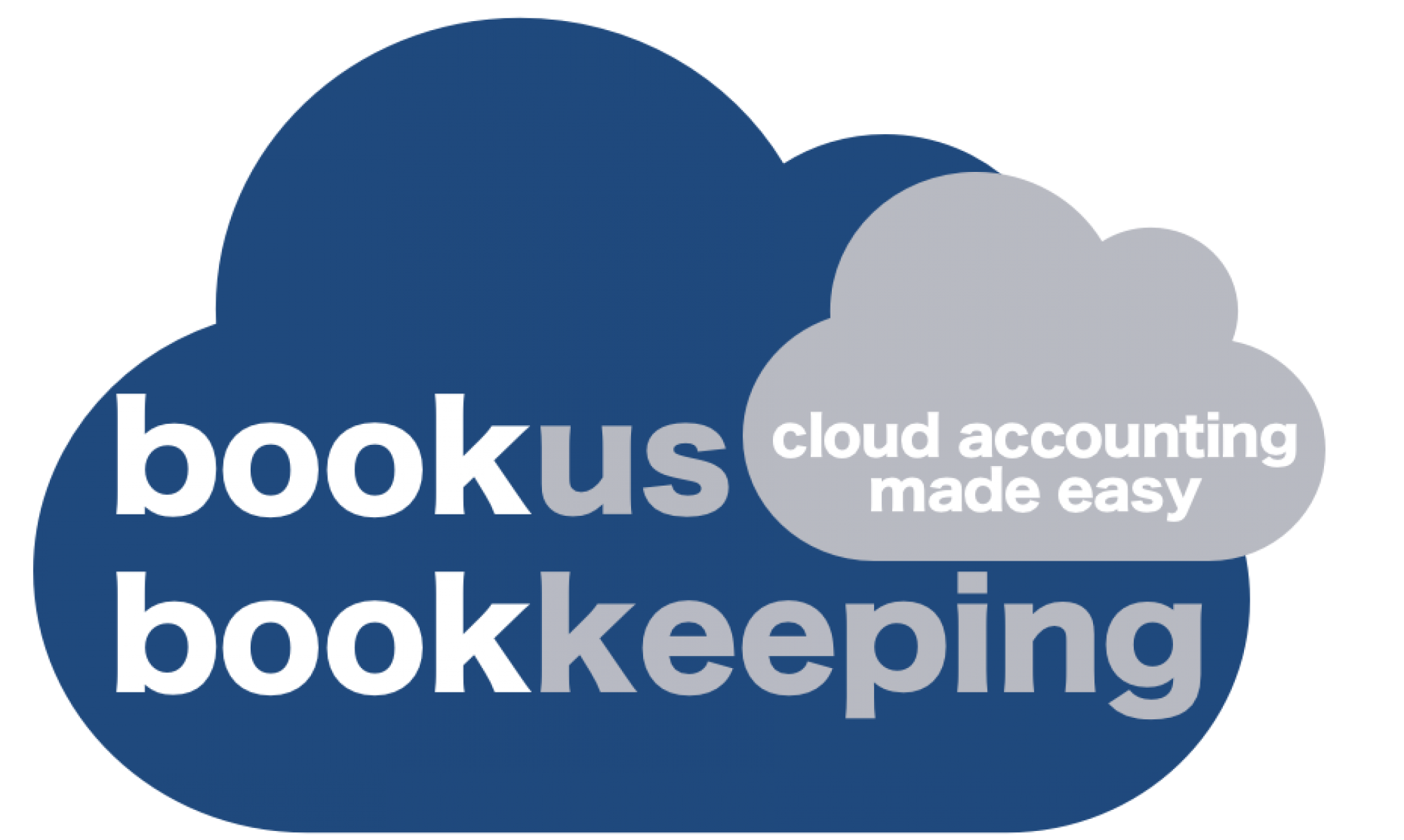Scott Morrison has set his sights on using a business led economic recovery plan relying on deregulation to help grow Australian businesses and recover from the Covid-19 Pandemic. He addressed the Business Council of Australia & has said that investing $120 million into a deregulation package will help guide Australia out of the recession. The budget aims to kick-start stage two of the National Economic Recovery Plan based on lower taxes, competitive policy settings, sensible industrial relations setting, deregulation, open trade & open markets.
The plan aims to invest in our people & new technologies to become one of the world’s leading digital economies by 2030. The plan is to take full advantage of the global energy transition taking place around the world. It puts business & the private sector in the forefront for a durable & strong economic recovery. As part of the plan, the Prime Minister pledged he would strive to save individual businesses $430 million a year by reducing compliance costs.
The government are determined to take unnecessary regulatory burdens off businesses reporting under the National Greenhouse & Energy Reporting Scheme. This will reduce time spent preparing reports by around 70 percent in some cases & will benefit more than 900 companies reporting on 7,500 facilities every year. The government will also streamline digital health services reducing the regulatory burden on about 400 companies in the pharmaceutical, medical technology services & medical software industry.
The government have indicated that the budget next month will lay out the next phase of Australia’s economic recovery plan to grow our economy so we can deliver jobs & guarantee essential services Australian’s rely on & keep Australian’s safe.
